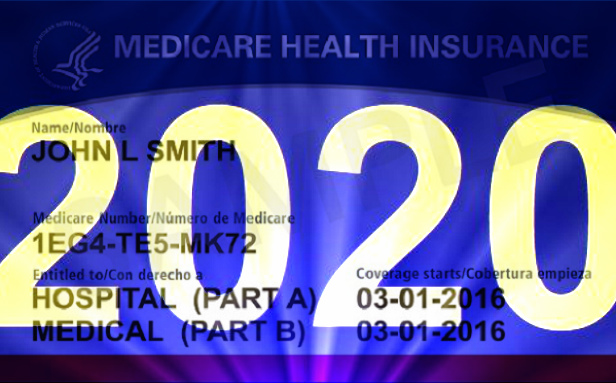
 (Image: Allison Bell/TA)
(Image: Allison Bell/TA)
Officials at the Centers for Medicare and Medicaid Services (CMS) are giving insurers more advice about how to put little bits of short-term care insurance into the Medicare Advantage plans they intend to offer in 2020.
CMS officials sketch out the rules for "Special Supplemental Benefits for the Chronically Ill" (SSBCI) in the draft call letter for the Medicare Advantage program bidding process for 2020.
(Related: 4 Top Medicare Advantage Mini LTC Benefits)
CMS officials began letting issuers add some "not primarily health related" benefits to 2019 Medicare Advantage plan benefit menus in the middle of 2018, after the issuers had already completed much of the work involved with designing and pricing their 2019 plans.
This year, CMS is including the option to offer SSBCI benefits in the plan design and bidding process from the start.
The Basics
The Medicare Advantage program, which is the best-known Medicare Part C program, gives private insurers a chance to offer an alternative to what CMS calls "Original Medicare," or a combination of Medicare Part A hospitalization coverage and Medicare Part B outpatient and physician services coverage.
About 22 million people have Medicare Advantage plan coverage, according to the CMS data.
Comments on the draft call letter, and the notice the call letter comes with, are due March.
CMS hopes to release its final 2020 funding and rules notice for the 2020 Medicare Advantage and Medicare Part D drug coverage programs April 1.
The Proposed Numbers
CMS officials say they think the "effective growth rate," or increase in the underlying cost of care, will be 4.59% in 2020. That's up from the effective growth rate of 4.35% in the draft call letter released a year ago.
CMS estimates a variety of other adjustments will lead to average per-enrollee revenue to increase 1.59%, down from the average increased of 1.84% projected for 2019 a year ago.
The final parameters are subject to negotiation. Issuers often persuade Medicare program managers to change their initial numbers.
SSBCIs
Traditionally, Medicaid — a program that uses a combination of federal and state money to provide care for the poor, and for people who meet state nursing home benefits eligibility rules — has paid for nursing home care for eligible people.
Medicare program managers have developed some programs that provide home care, especially in conjunction with alliances of Medicare plans and state Medicaid programs. But, in theory, Medicare has paid only for medical care, not for support services, such as meal preparation, help with cleaning or help with buying groceries.
CMS began letting issuers provide benefits related to the "social determinants of care" for Medicare Advantage plan enrollees in the call letter for 2019.



